By Andrea García, Hofstra University
Our business seems usually to be considered the bringing of books to people. But books do not simply happen to people. People also happen to books. A story or poem or play is merely inkspots on paper until a reader transforms them into a set of meaningful symbols. When these symbols lead us to live through some moment of feeling, to enter into some human personality, or to participate imaginatively in some situation or event, we have evoked a work of literary art. (Rosenblatt, 1956/2005, p. 62-63)
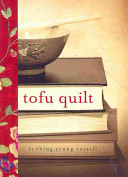 Reading books together and discussing them within a community of readers is at the heart of the process of constructing meaning and negotiating the multiple dimensions that literature has to offer. This month, the focus of my blog is in sharing the literary transactions of a community of elementary teachers, who were invited to document their interpretations to different books through engaging with multiple response strategies while exploring the use of children’s literature in the elementary classroom. Since one of my goals as a literacy educator is to bring books to people Continue reading
Reading books together and discussing them within a community of readers is at the heart of the process of constructing meaning and negotiating the multiple dimensions that literature has to offer. This month, the focus of my blog is in sharing the literary transactions of a community of elementary teachers, who were invited to document their interpretations to different books through engaging with multiple response strategies while exploring the use of children’s literature in the elementary classroom. Since one of my goals as a literacy educator is to bring books to people Continue reading


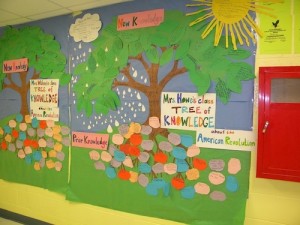
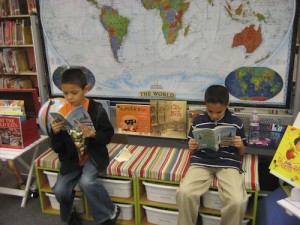
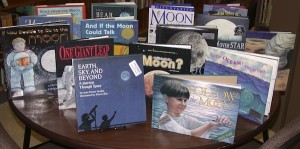
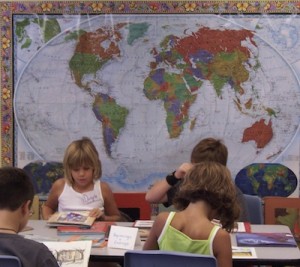

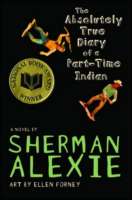 This week, we continue our exploration of authors as mentors—authors whose work and words contribute to our teaching of reading, writing, language, and culture. As we’ve mentioned in past weeks, we are interested in exploring a study of mentor authors whose work informs students as readers and writers but also as global citizens. We are now layering
This week, we continue our exploration of authors as mentors—authors whose work and words contribute to our teaching of reading, writing, language, and culture. As we’ve mentioned in past weeks, we are interested in exploring a study of mentor authors whose work informs students as readers and writers but also as global citizens. We are now layering  This week, we begin our exploration of some of our favorite authors whom we have looked to as mentors in our classrooms—authors whose work and words contribute to our teaching of reading, writing, language, and culture. Again, we draw upon the framework below for our initial selection of possible mentor authors when we embark upon such study with students. Additionally, we are currently deeply immersed in work with international issues, themes, and literature with both students and teachers in K-12 classrooms. We are now layering <a href="http://wowlit.org/blog/2011/04/04/reading-as-a-collaborative-act-a-framework-for-exploring-author-studies/#more-15955
This week, we begin our exploration of some of our favorite authors whom we have looked to as mentors in our classrooms—authors whose work and words contribute to our teaching of reading, writing, language, and culture. Again, we draw upon the framework below for our initial selection of possible mentor authors when we embark upon such study with students. Additionally, we are currently deeply immersed in work with international issues, themes, and literature with both students and teachers in K-12 classrooms. We are now layering <a href="http://wowlit.org/blog/2011/04/04/reading-as-a-collaborative-act-a-framework-for-exploring-author-studies/#more-15955